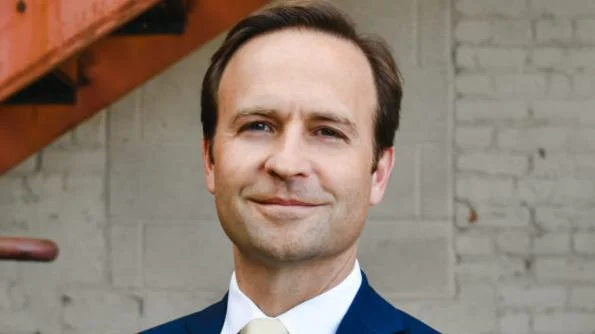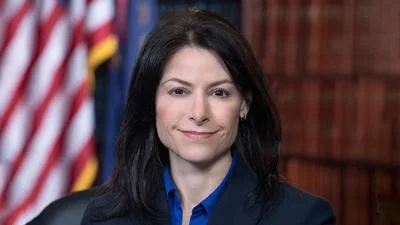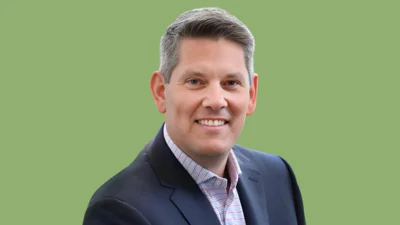Brian Calley President and Chief Executive Officer at Small Business Association of Michigan | Official website
Brian Calley President and Chief Executive Officer at Small Business Association of Michigan | Official website
Today's workforce, primarily composed of Millennials and Gen Z, is shifting away from traditional work ideals. Unlike previous generations, their focus is on the quality of their work environments and life outside of work. Heather Nezich, writing for ASE, highlights this transitional phase in workplace priorities.
"The younger workforce expects transparency, feedback, and leadership that listens," Nezich notes. This generation prioritizes work as a means to support a balanced lifestyle that includes personal time and projects.
Nezich points out that the modern workforce is intentional, not disloyal. They prefer work environments aligned with their goals, values, and well-being. To retain this demographic, companies must adopt a culture valuing mental health, flexibility, and purpose. While competitive pay remains important, it is no longer the sole factor for retention. Remote or hybrid work, autonomy, and clear growth opportunities are becoming essential.
"Retention today is less about convincing employees to stay forever and more about creating conditions they won't want to leave," Nezich explains. Providing perks like wellness stipends, mental health days, and flexible scheduling can help in this regard.
To succeed in this environment, companies must invest in the continuous development of their employees. Nezich emphasizes that "Professional development programs, mentorship, and the ability to shift roles or departments can keep them engaged and motivated." Employees desire environments where they can grow in skills and purpose, and stagnation can lead to disengagement and turnover.
In conclusion, Nezich stresses the importance of offering more than just compensation. Employers need to provide purpose, respect, and a flexible, high-quality workplace culture to retain top talent. "Today's generation isn't waiting around—they're already moving toward what's better,” she cautions.
###






 Alerts Sign-up
Alerts Sign-up